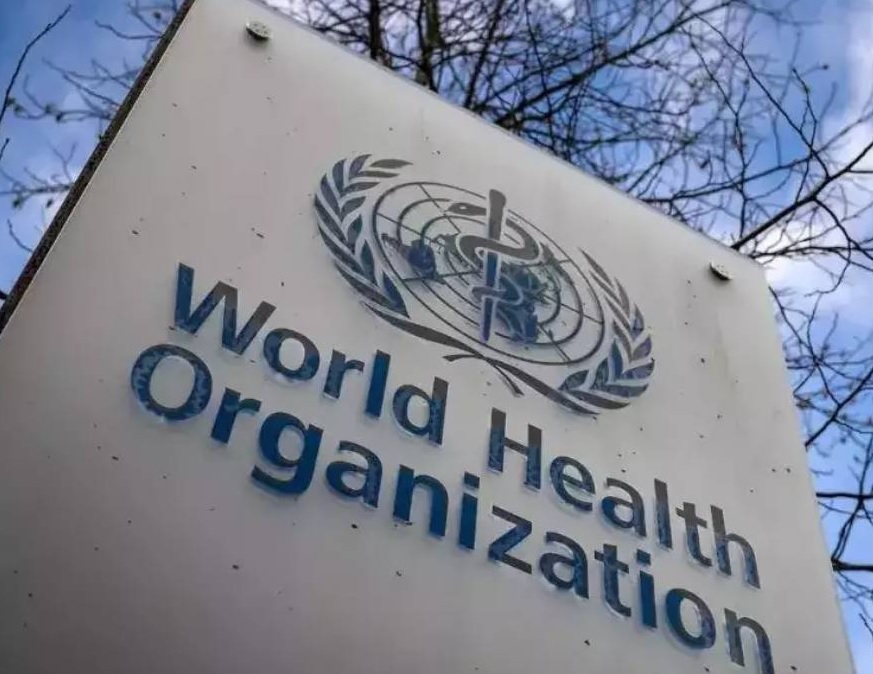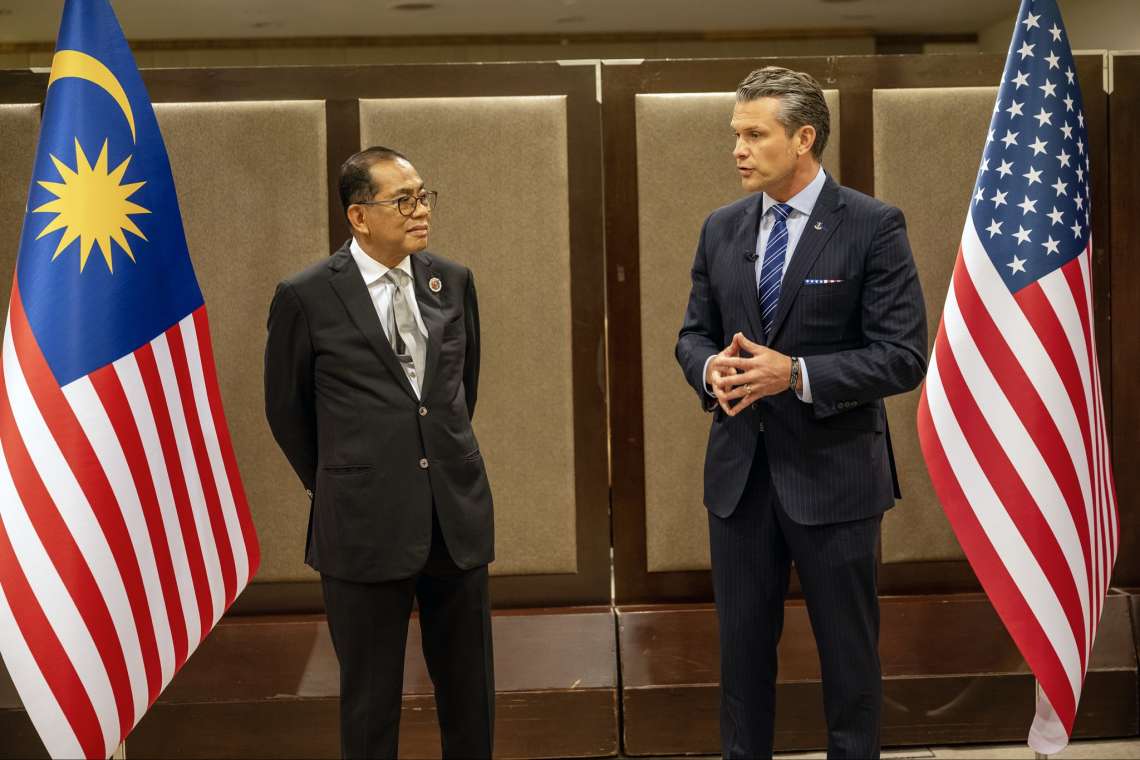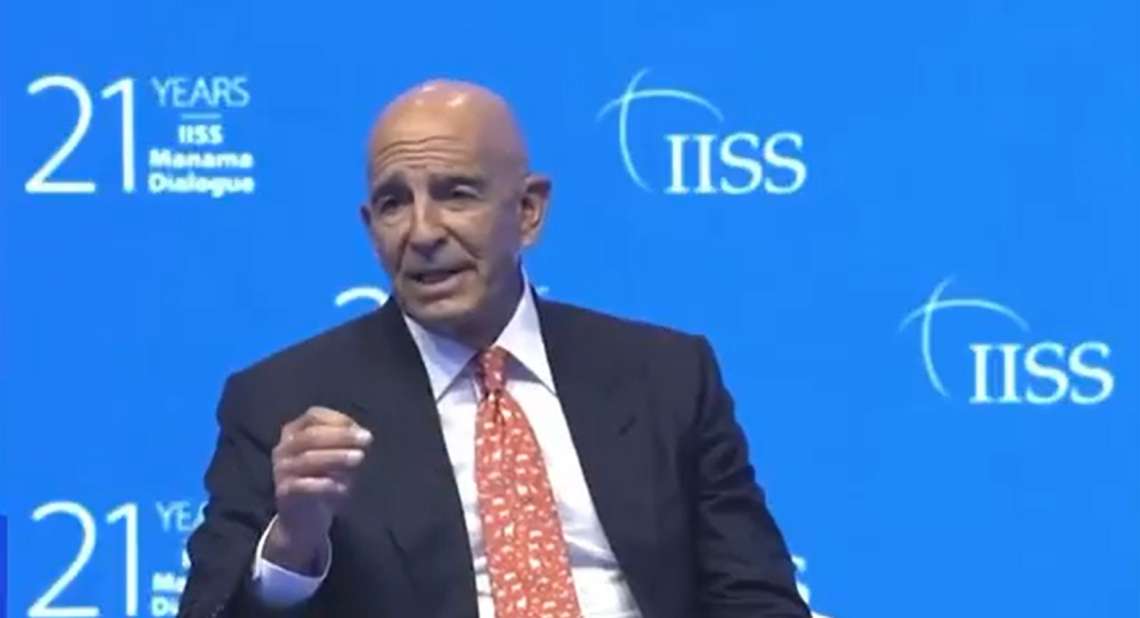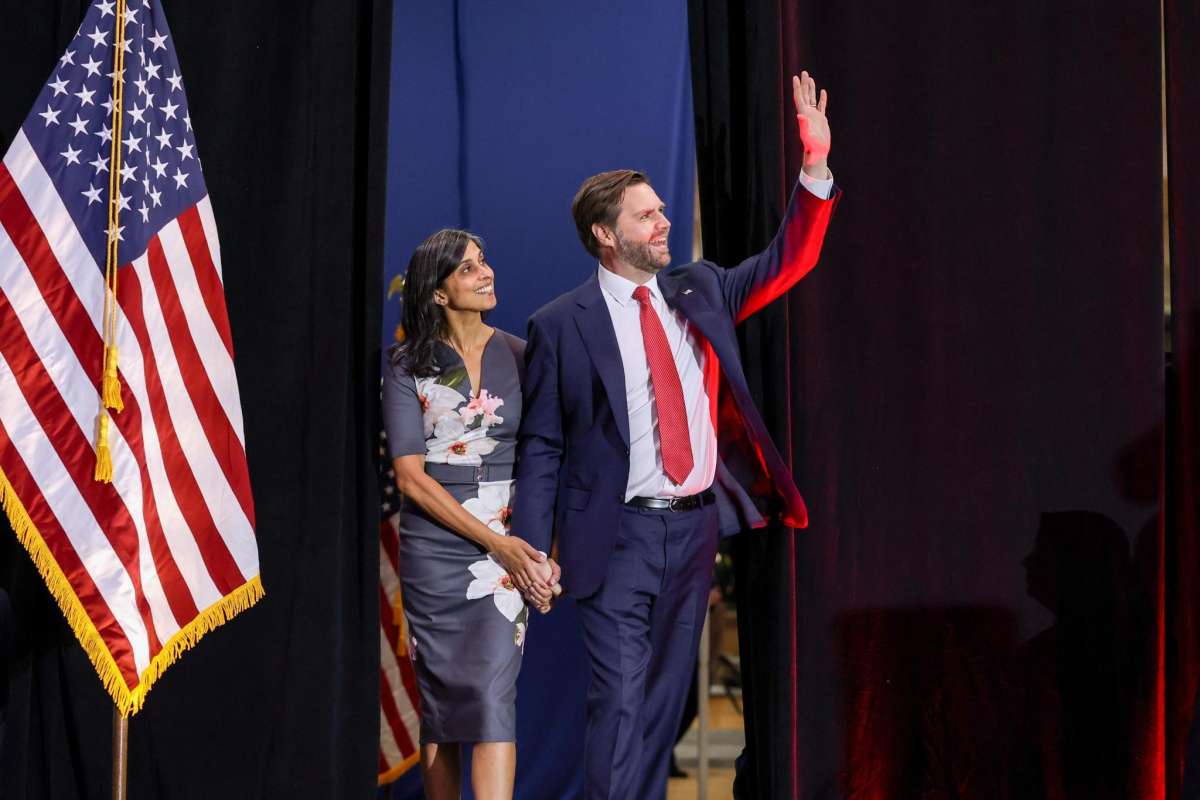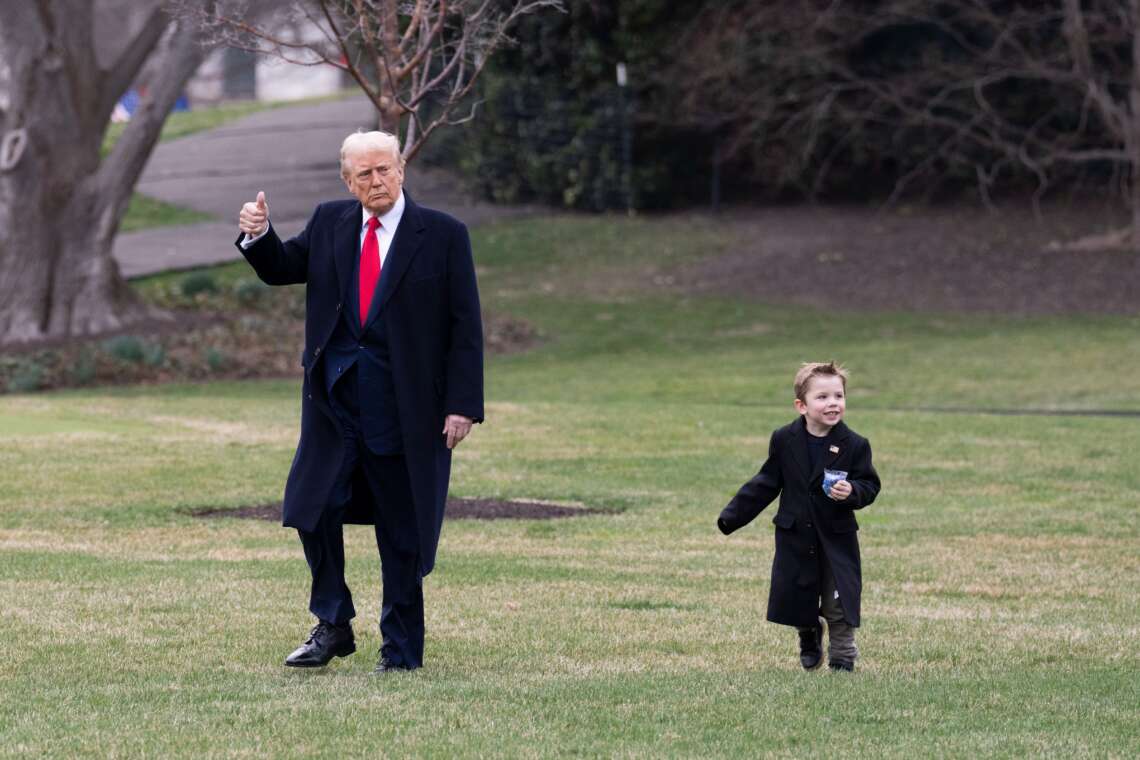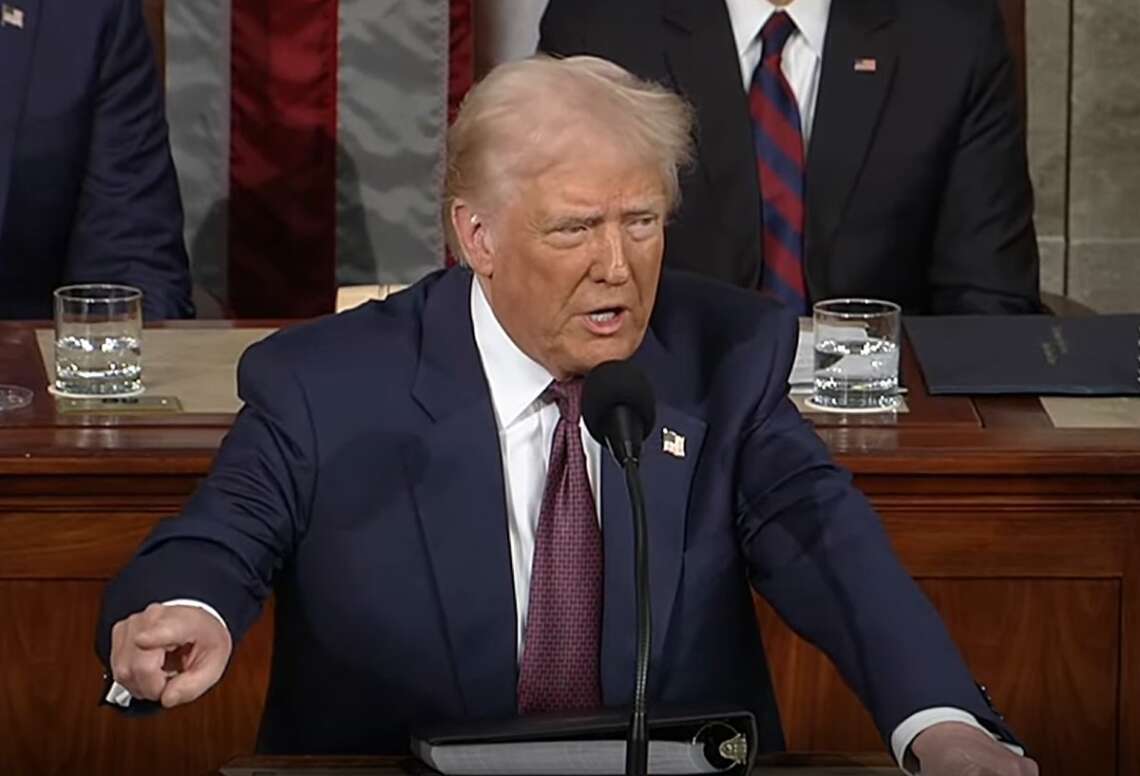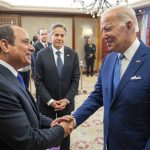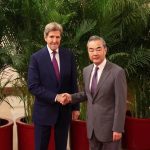Besides triggering the US pullout from the WHO after returning the White House in January, Trump decided to freeze virtually all US foreign aid, including vast assistance toward boosting health worldwide
The World Health Organization has proposed slashing a fifth of its budget following the US decision to withdraw, and must now reduce its reach and workforce.
The WHO is facing an income gap of nearly $600 million in 2025 and has “no choice” but to start making cutbacks, WHO Director-General Tedros Adhanom Ghebreyesus said in the message sent Friday to the UN health agency’s staff.
Besides triggering the US pullout from the WHO after returning the White House in January, President Donald Trump decided to freeze virtually all US foreign aid, including vast assistance toward boosting health worldwide.
The United States was by far the WHO’s biggest donor.
“Dramatic cuts to official development assistance by the United States of America and others are causing massive disruption to countries, NGOs and United Nations agencies, including WHO,” Tedros said in his email.
He said that even before Trump triggered the one-year process of withdrawing from the WHO, the organisation was already facing financial constraints, and had begun working on efficiency measures more than nine months ago.
“The United States’ announcement, combined with recent reductions in official development assistance by some countries to fund increased defence spending, has made our situation much more acute,” said Tedros.
“While we have achieved substantial cost savings, the prevailing economic and geopolitical conditions have made resource mobilisation particularly difficult.
“As a result, we are facing an income gap of almost $600 million this year alone.” Last month, the WHO’s executive board reduced the proposed budget for 2026-2027 from $5.3 billion to $4.9 billion.
“Since then, the outlook for development assistance has deteriorated, not only for WHO, but for the whole international health ecosystem,” said Tedros. “We have, therefore, proposed to member states a further reduced budget of $4.2 billion — a 21 percent reduction from the original proposed budget.”
In the body’s last two-year budget cycle, for 2022-23, the United States pitched in $1.3 billion, representing 16.3 percent of the WHO’s then $7.89 billion budget. Most of the US funding was through voluntary contributions for specific earmarked projects, rather than fixed membership fees.
“Despite our best efforts, we are now at the point where we have no choice but to reduce the scale of our work and workforce,” said Tedros. “This reduction will begin at headquarters, starting with senior leadership, but will affect all levels and regions.”
Global health leaders are urging the European Union to step up to protect lifesaving health programs amid what they see as a “moment of reckoning” after the United States and other countries cut foreign aid spending.
The U.S.’s cuts to international development threaten the lives of millions of people and decades of progress in disease prevention and treatments, the leaders warned. They also said they worry these funding cuts present a worrying trend among some of the world’s richest — and traditionally most generous — countries.
“There are huge uncertainties,” said Peter Sands, CEO of the Global Fund to Fight AIDS, Tuberculosis and Malaria. “And the huge uncertainty is not just about the U.S., but about what other partners, what other donors, are going to do. And I think it comes down to a question of political will.”
Shortly after his January inauguration, U.S. President Donald Trump moved to dismantle the U.S. Agency for International Development (USAID), scrapping over 80 percent of its programs and slashing funding for numerous initiatives including those focused on HIV, tuberculosis and malaria prevention.
The U.S. administration is also reviewing foreign aid with its “America First” policy, leaving many organisations that depend on federal financial support anxious about their future.
The trend extends beyond the U.S. In February, the U.K. announced it will cut international development spending and instead boost its defense budget, while the Netherlands also said it is cutting foreign aid by €2.4 billion. Germany and France rolled back foreign aid budgets last year amounting to another €3 billion cut.
In this uncertain political landscape, global health leaders want the EU to step up.
“As some countries of the world backtrack from development assistance, it would be very important for the EU to signal — to Africa in particular — that development is still a priority and that the EU is a reliable partner,” said Sania Nishtar, CEO of Gavi, the Vaccine Alliance.
As Europe increases its defence expenditure, Nishtar said she recognises security is an important priority. “But health security is a very important aspect of the security paradigm,” she added.
“Both for the European Commission itself and for the EU as a whole, there is a real opportunity to demonstrate leadership (in global health).”
The Commission didn’t immediately respond to a request for comment.
Laurent Muschel, acting director general at the EU’s Health Emergency Preparedness and Response Authority (HERA), said at a recent event that the Commission is “committed to continue to support global health.”


